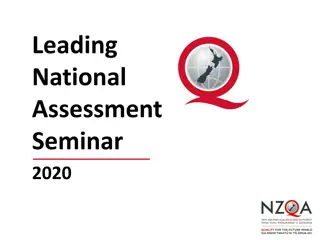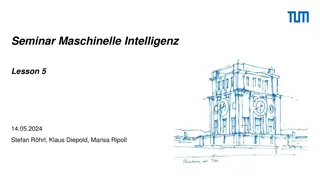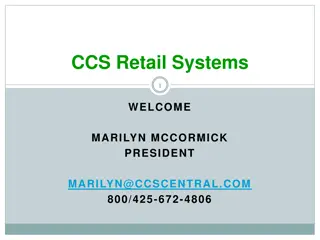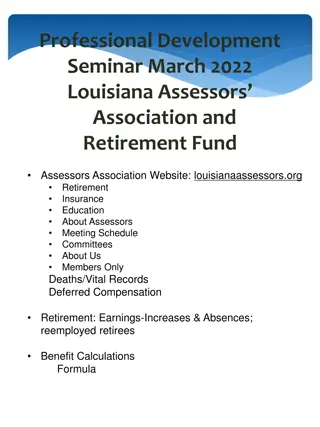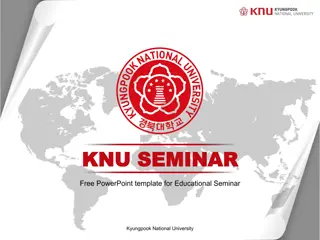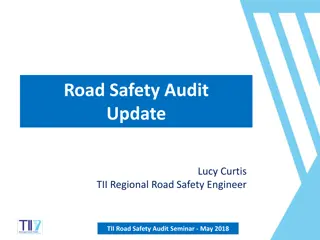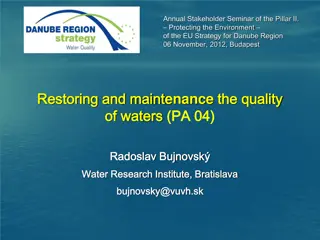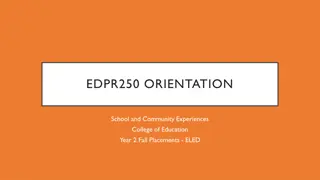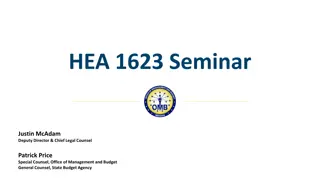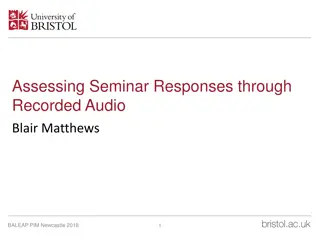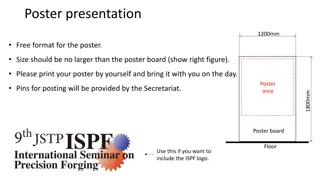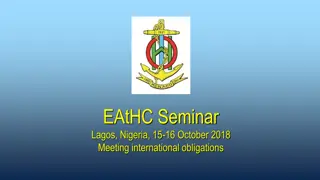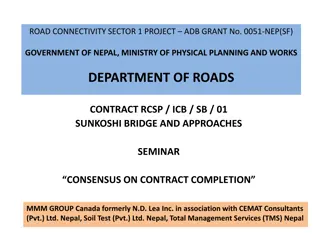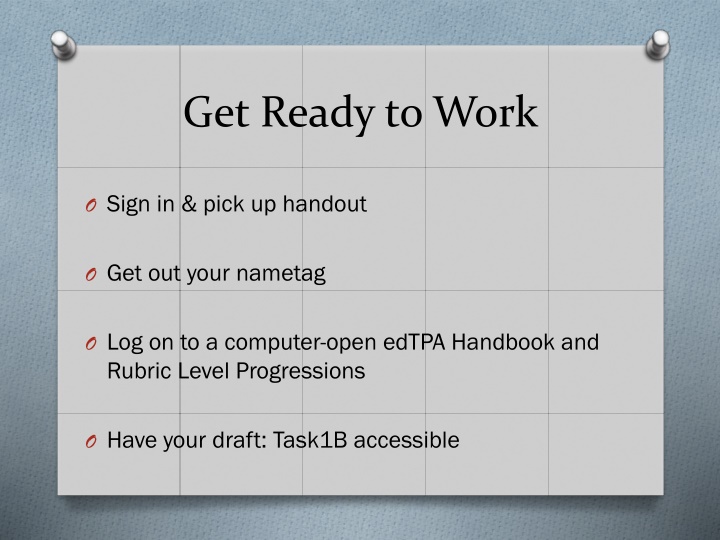
Effective Assessment Strategies for Classroom Learning
Explore various informal and formal assessment methods, rubric progressions, and evaluation criteria for enhancing learning outcomes in the classroom. Discover peer review techniques, types of assessments, and recommended approaches to evaluate student performance effectively.
Download Presentation

Please find below an Image/Link to download the presentation.
The content on the website is provided AS IS for your information and personal use only. It may not be sold, licensed, or shared on other websites without obtaining consent from the author. If you encounter any issues during the download, it is possible that the publisher has removed the file from their server.
You are allowed to download the files provided on this website for personal or commercial use, subject to the condition that they are used lawfully. All files are the property of their respective owners.
The content on the website is provided AS IS for your information and personal use only. It may not be sold, licensed, or shared on other websites without obtaining consent from the author.
E N D
Presentation Transcript
Get Ready to Work O Sign in & pick up handout O Get out your nametag O Log on to a computer-open edTPA Handbook and Rubric Level Progressions O Have your draft: Task1B accessible
Seminar Three Work Flow: 1. Peer Review & Critique: Task 1B 2. Look Fors: Task 1C, 1D and 3D 3. Overview: Plan Com: Task 1E 4. Partner Analysis: Rubrics and Rubric Progressions for Rubrics 1, 2, 3, 4, 5
Peer Review & Critique Task 1B-Lesson Plans (Take 15 minutes to review partner work. Provide constructive feedback.)
Types of Informal assessment (Progress monitoring) O Clicker response O Concept maps O Think-pair-share O Retelling O Bell work O Writing sample O Response card O Short writing assignment O Q/A O Thumbs up/down/sideways O Observation Notes O Exit ticket O Checklist O Practice worksheets O Question stems O Oral/Written response
Types of Formal Assessment (Scoring, Benchmarking, Mastery Levels) O Problem Based Learning Project O Lab experiment with report O Multimedia project with rubric O Creative writing assignment O Pre-Test and Post-Test O Composition based upon criteria O Real life Problem Solving with explanations O Standardized Test O Benchmark Test O Chapter/Unit Test O Performance Assessment O Raft (Role, Audience, Format, Topic) O Graphic organizer with rubric
Evaluation Criteria (Applies to Task 3D-ChosenAssessment) O Predetermined criteria & levels of performance O Alignment with standards/objectives on given day or through learning segment; content key understandings, skills and higher order thinking O Features: accuracy, quality of communication, originality, creativity, depth of thinking, etc O More ideal types of assessment: open-ended questions, writing samples, projects, problem based sets, lab reports, performance tasks, etc.
Types of Evaluation Criteria O Take 5 minutes for review and discussion among peers O - Does this sample provide information for analyzing Does this sample provide information for analyzing the assessment both the assessment both qualitatively and quantitatively? qualitatively and quantitatively? - - How would our group improve the effectiveness of How would our group improve the effectiveness of this document for use this document for use in analyzing student work samples? in analyzing student work samples? O One person come to overhead and share group critique
Task 1 E Planning Commentary O Read the Question Prompt and Written Response O Use the Rubric Level Progressions to identify the descriptors for each Q Response O One person read the Rubric descriptors for that Q O Read the descriptors to understand what is required at each level of performance O What would you do differently to improve performance?
Next Steps O What is due? O What do you bring to seminar next week?

